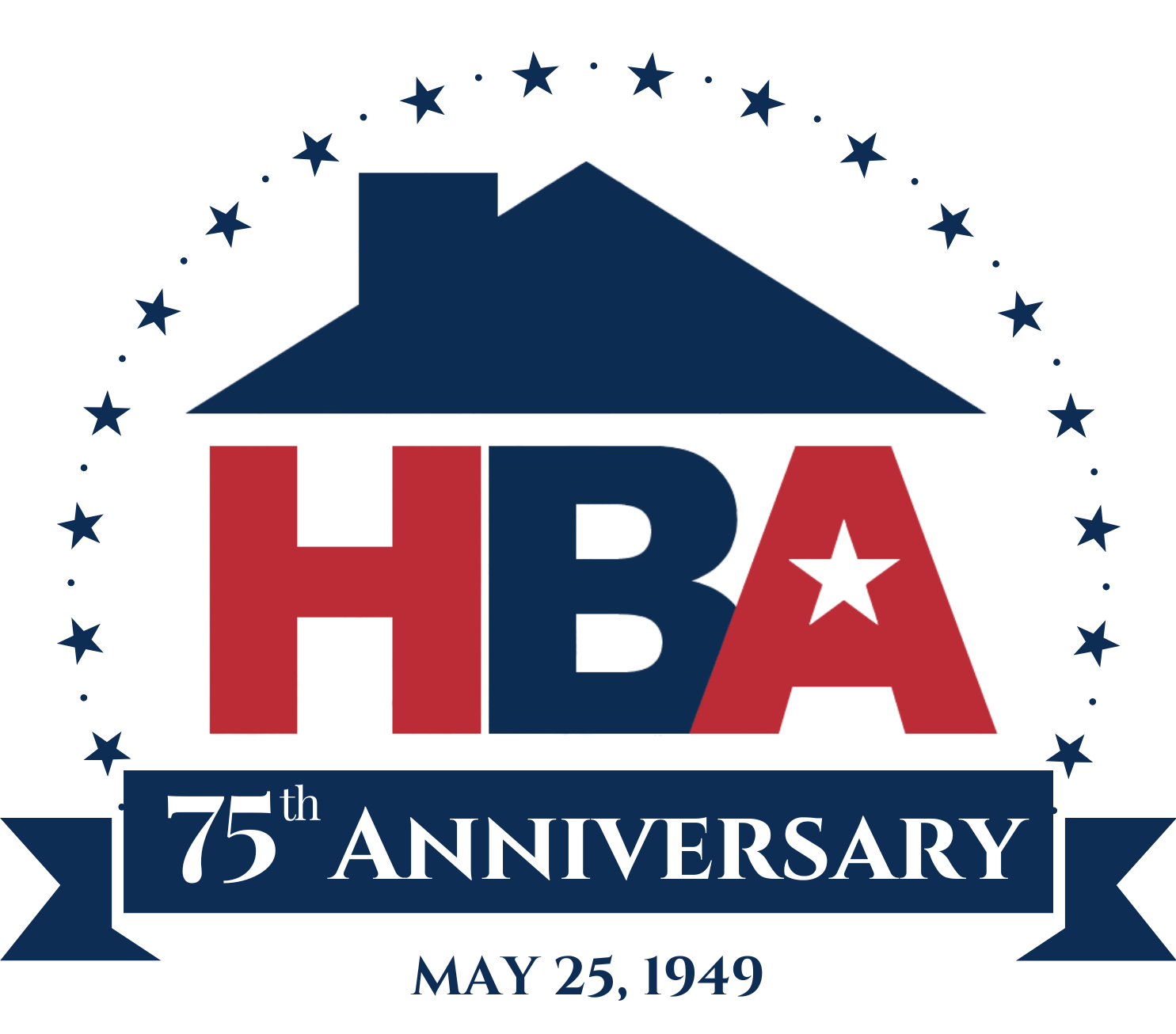Q1’23 Update: Legislative Changes

The legislature returns next week after being on break for the last two weeks. Before meetings with legislators and committee meetings fill my calendar, I want to give you an update on what took place in the first quarter.
November brought changes downtown with the democrats controlling the state house, state senate and the governor’s office. They didn’t waste time with what they are calling “Promises Made, Promises Kept.” For those of you who have been around for decades, that was John Engler’s tag line – some things never change.
In the first quarter, democrats fulfilled their promises to:
Repeal Right-To-Work – We opposed this in committee. It passed along party lines and the governor signed it into law.
Restore Prevailing Wage – We also opposed this in committee. It also passed along party lines and the governor signed it into law.
They also worked on issues impacting reproductive rights, repealing the retirement tax, expanded the Earned Income Tax Credit (which we support), gun violence issues and bringing economic development to the state of Michigan.
Issues they worked on that we whole heartedly support include:
Passage in the senate of the expansion of Tax Increment Financing (TIF) bills to include residential housing in brownfield development (SB 129, 130, 131, 132). These bills passed out of the senate with EVERY democrat voting yes. The following republicans joined them; Damoose, Webber, Bellino, Huizenga and Victory. These bills are currently in the house. We expect quick passage when they return next week.
Another issue impacting the industry would be Senate Bills 158 and 159. These would amend the general sales tax act and the use tax, respectively, to modify the definition of “sales price” and “purchase price”, as applicable, to eliminate delivery and installation charges from those definitions. The bills would not apply to charges involving the sale of electricity, natural gas, or artificial gas by a utility.
When a delivery or installation charge is invoiced with a purchase, it is subject to the 6.0% sales tax under the general sales tax act and the use tax act. When the charge is invoiced separately, it is not. Many businesses are unfamiliar with this difference, and do not pay sales tax or use tax on these transactions. This has resulted in increased audits and unexpected assessments and penalties.
